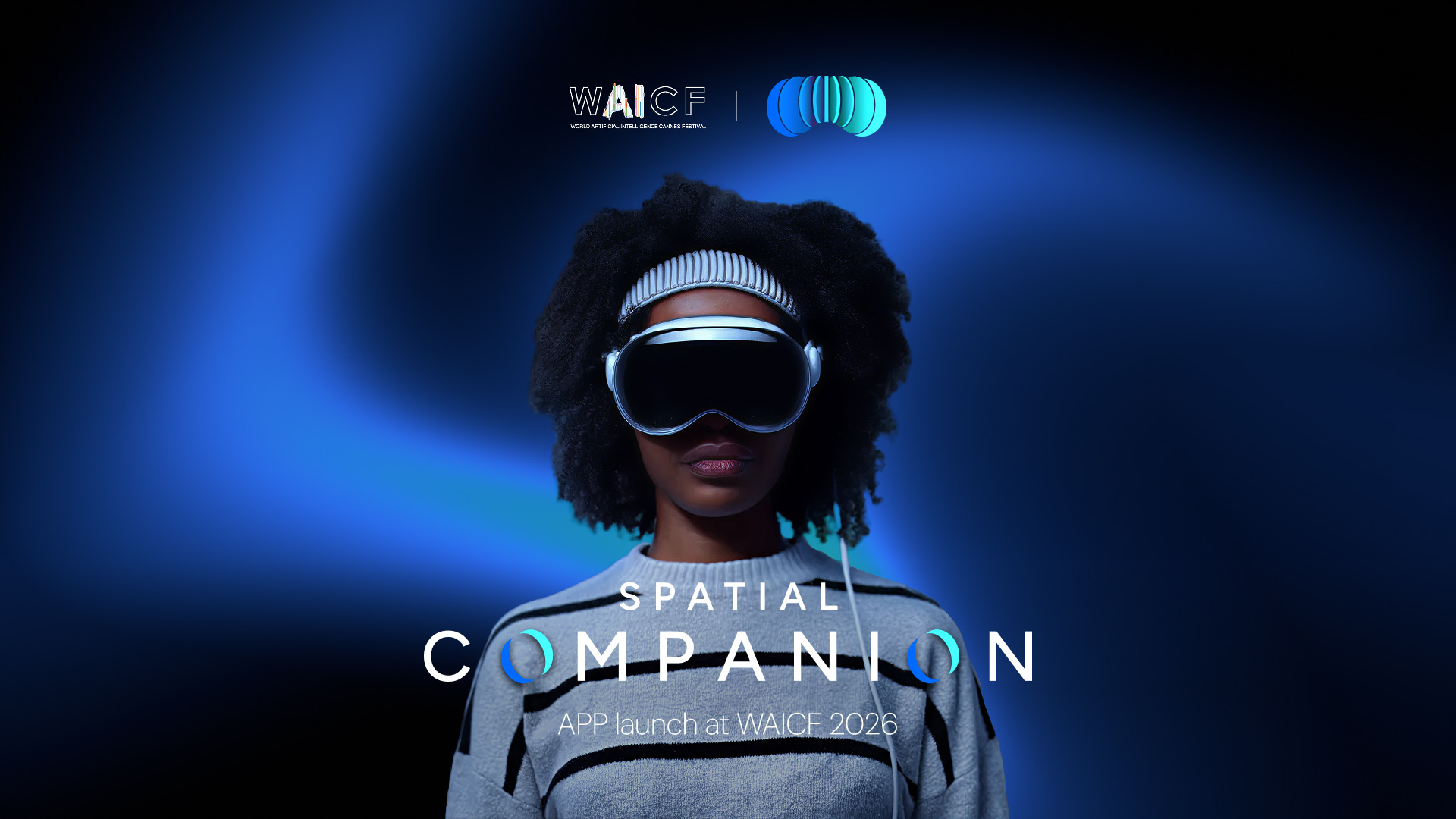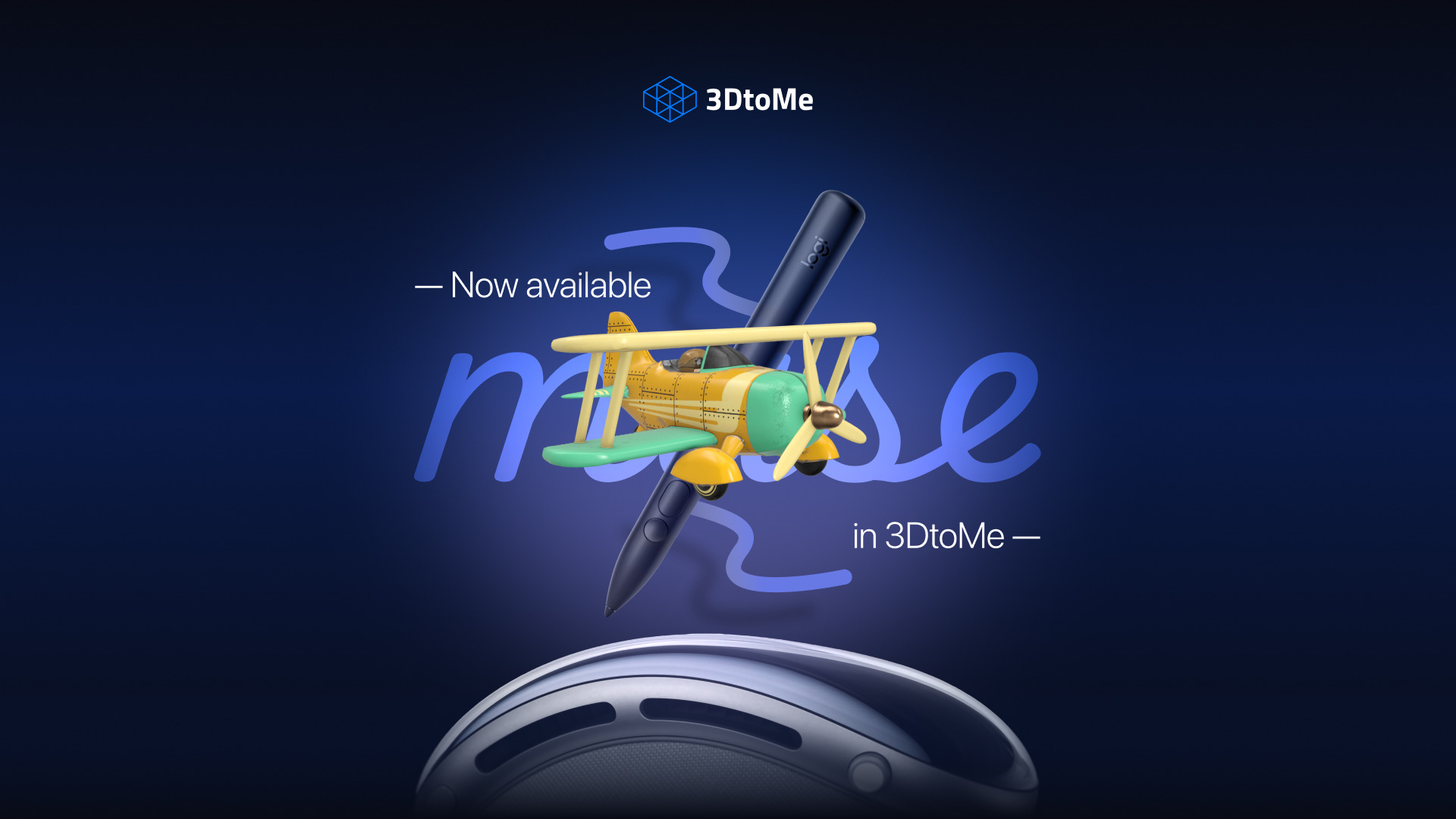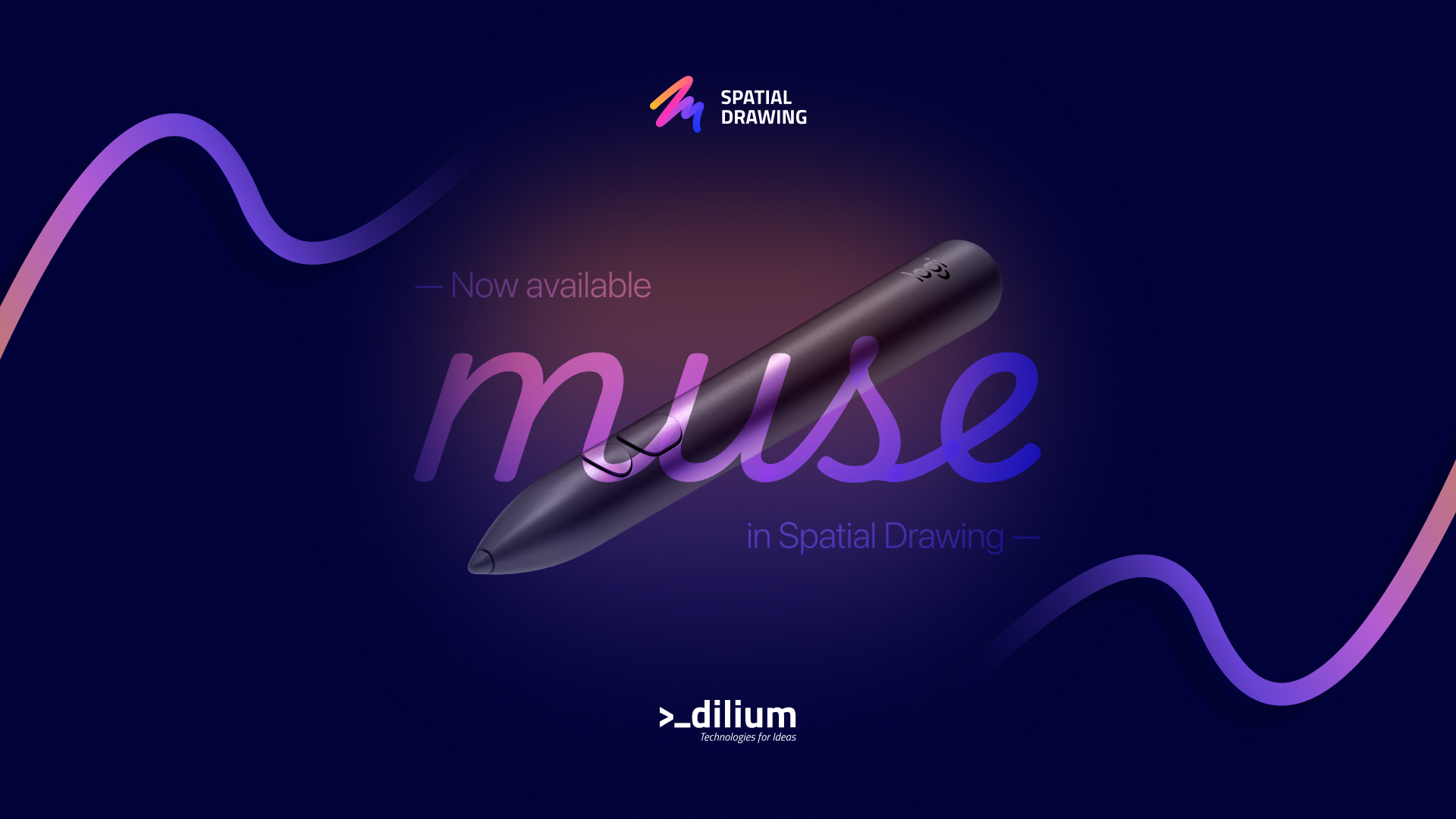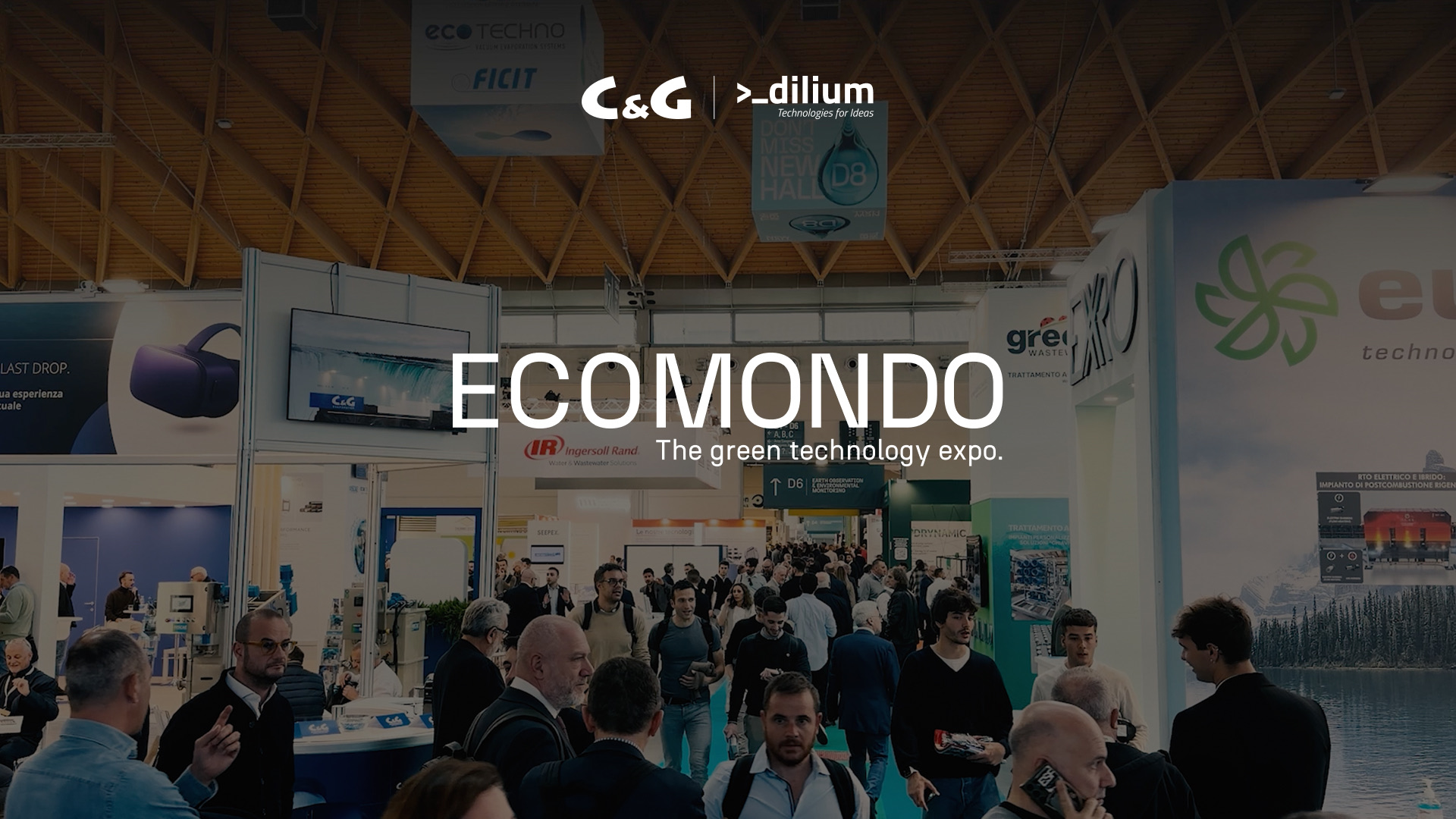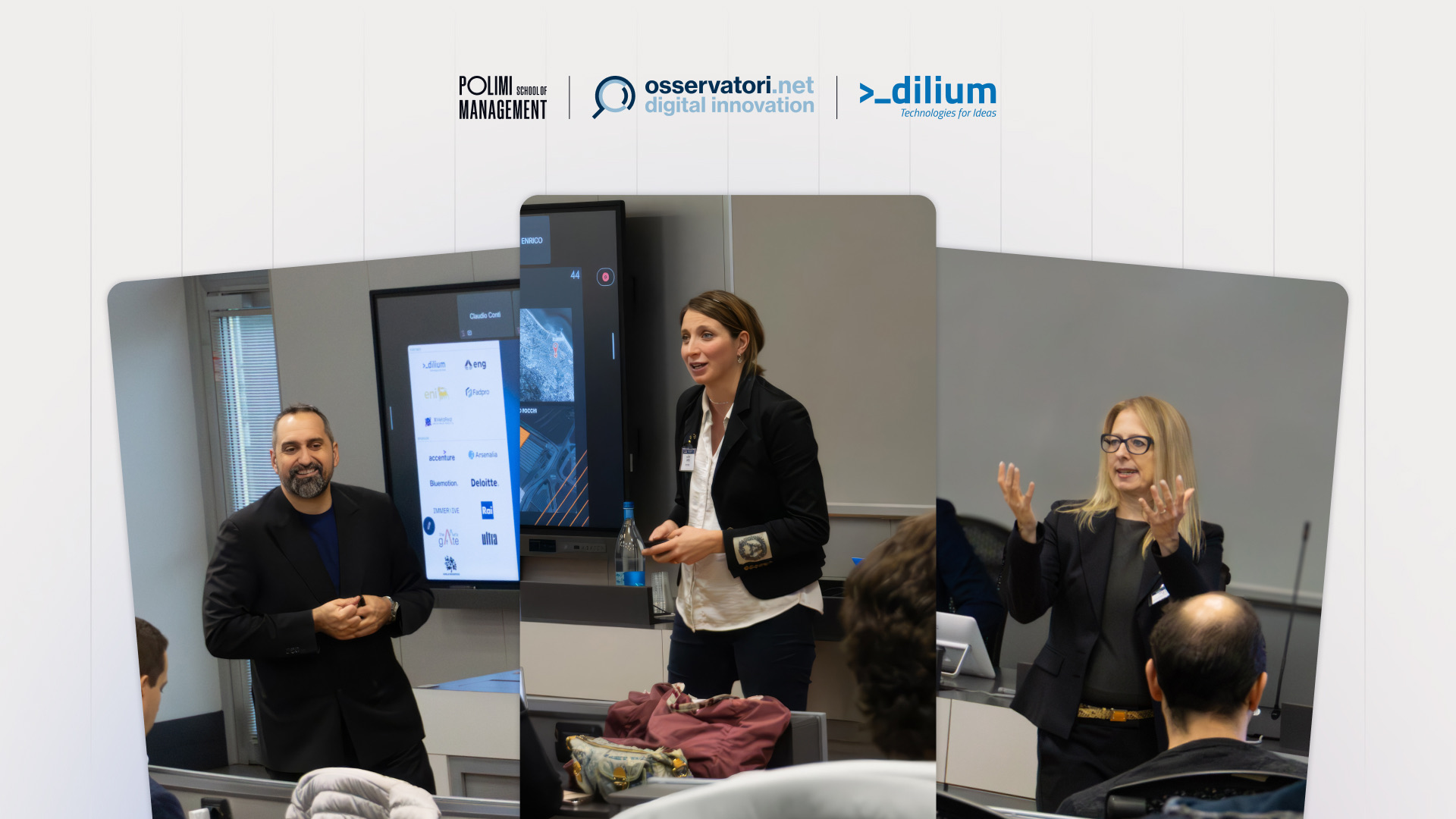Home News
Google MUM, the new intelligent search algorithm
Google MUM, the new intelligent search algorithm

23/06/2021
Google improves the algorithm used by Search with artificial intelligence for more complex query answers.

It is called MUM and is the acronym for Multitask Unified Model, the new algorithm developed by Google that uses artificial intelligence to find more immediate and complete answers to complex questions. Built on a Transformer architecture, like its predecessor BERT, it is 1,000 times more powerful according to Pandu Nayak, vice president of Google Search. Search engines today aren't sophisticated enough to answer like an expert would, but MUM is designed to help users tackle even the most complex queries. The answer you need today can take a lot of searching to find. Tomorrow the number of searches could dwindle.
The scenario that Google reports to illustrate the potential of the new algorithm is the following: you have climbed Mount Adams and now you want to climb Mount Fuji next fall. What should you do differently to properly prepare? With the current system you should look for the height of each mountain, the average temperature in autumn, the difficulty of the hiking trails, the right equipment to use, and much more. MUM, on the other hand, may understand that you are comparing two mountains, therefore, the information on the elevation and the trail may be relevant. He may also understand that, in the context of hiking, "getting ready" could include details about the training to be done and the right equipment to buy.
An Artificial Intelligence trained with 75 different languages
MUM's Artificial Intelligence has been trained through resources in multiple languages and numerous simultaneous activities and comes to understand information through text and images and, in the future, can expand to more modes such as video and audio. Language, which still represents a significant barrier to accessing information, could be knocked down by MUM which has the ability to learn from sources written in a language other than the language of the search and transfer information to find the most relevant results in your favorite language.
The way we look for information is constantly evolving, as demonstrated by the use of Google Lens which allows us to search based on what we see, be it from the camera, photos or even the search bar. For years it has been possible to search and discover 3D models and Augmented Reality content directly using Google Search, a feature that aims to expand more and more as announced at the last I/O 2021 with live demonstrations in real time of athletes and their techniques and movements.
Every day Google releases small changes designed to optimize search results, most of which have no visible impact on the SERP, but help the Mountain View company constantly improve its systems. Sometimes, like the expected updates in June and July, the impact of core updates may be more noticeable. Google's algorithms, in fact, reward content and the more relevant and authoritative they are, the more they get better results in searches. In the months and years to come, when MUM begins to be implemented, we will be able to understand how Search Engine Optimization and search will change.
Digital transformation
At dilium we know the importance of always keeping up with technological trends. We are pioneers in the field of Frontier Technologies such as Augmented Reality and Artificial Intelligence and we help companies in their digital transformation in order to guarantee our customers a fast and effective response to the changes underway.
If you want to know more about how to optimize your website to gain a competitive advantage or are interested in finding out how Augmented Reality can help you with online sales, contact us.

